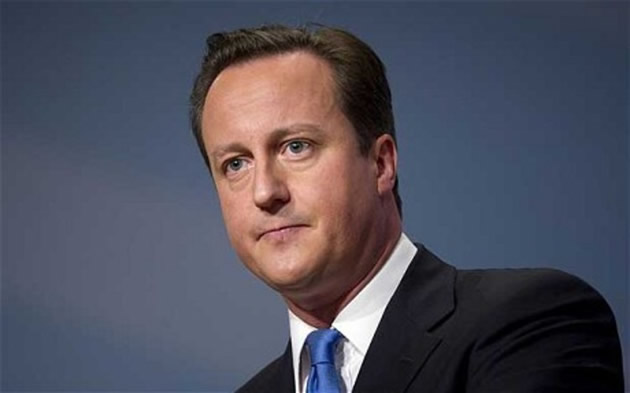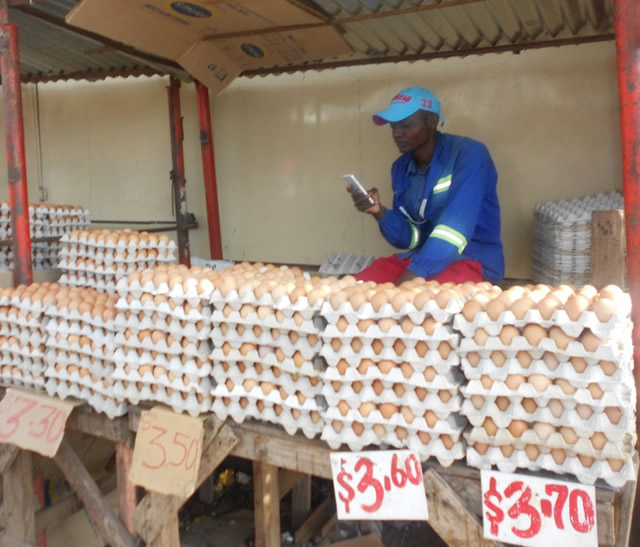President off to Japan


President Mugabe and First Lady Amai Grace Mugabe bid farewell to Vice Presidents Emmerson Mnangagwa and Phelekezela Mphoko before their departure for Japan at Harare International Airport yesterday. – Picture by Tawanda Mudimu
Felex Share Senior Reporter
PRESIDENT Mugabe left the country for Japan yesterday on an official working visit that will see Government solidifying its Look East Policy by boosting investment and economic cooperation deals.
Japanese Prime Minister Shinzo Abe extended the invitation to President Mugabe as the Asian country also seeks to develop new markets for its firms in Zimbabwe.
Vice President Phelekezela Mphoko is Acting President.
President Mugabe, who was accompanied by First Lady Dr Amai Grace Mugabe and Foreign Affairs Minister Simbarashe Mumbengegwi, was seen off at Harare International Airport by Vice Presidents Emmerson Mnangagwa and Phelekezela Mphoko, service chiefs and Cabinet ministers.
Apart from investment issues, Prime Minister Abe is also pursuing a robust discussion with President Mugabe on the United Nations Security Council reforms.
During his stay in Japan, the President has a packed programme in which he is expected to meet PM Abe, who will also host a dinner for him.
President Mugabe — according to the Japanese Foreign Affairs Ministry — is also expected to make a State call on their Majesties the Emperor of Japan, Akihito and the Empress Michiko.
The couple will also host a court luncheon for the President and the First Lady.
PM Abe has, on several occasions, appealed for Africa’s support to back Japan’s bid for a seat in the UN Security Council.
The Asian giant belongs to the Group of Four (G4), which has Germany, India and Brazil — countries which have mutually supported one another’s bids for permanent seats in the Security Council.
The G4 members have proposed reform in the UN Security Council to include an additional six permanent seats, four going to them and two reserved for African countries.
Only five nations – China, Russia, France, Britain and the United States – have permanent seats and veto powers, which enable them to prevent the adoption of any “substantive” draft Council resolution, regardless of the level of international support for the draft.
President Mugabe has always made a strong pitch for the UN Security Council reform saying the organisation had become a forum where “some are giants”, while the rest have been “made dwarfs”.
His master-stroke came at the African Union Summit in Ethiopia in January, when he said African nations would walk away from the organisation if the West continued to block efforts to reform and democratise the body.
President Mugabe last visited Japan in March last year for the United Nations Third World Conference on Disaster Risk Reduction, where he also met PM Abe.
Their deliberations this time are expected to check progress made on the economic co-operation front as well as strengthening existing bilateral relations.
After slightly over a decade of frosty relations, Japan is slowly warming up to Zimbabwe and PM Abe last year pledged millions of dollars to Zimbabwe for disaster preparation and risk management.
He is also appealing for President Mugabe’s support to ensure smooth preparations of the Tokyo International Conference on Africa Development (TICAD) V1 to be held in Kenya in August.
This is the first time the meeting is being held outside Japan.
Early this month, PM Abe dispatched a special envoy to Harare officially inviting President Mugabe to attend TICAD V1 meeting.
Following President Mugabe’s meeting with Japan International Cooperation Agency (jica) president Mr Akehiko Tanaka and discussions on technical co-operation last year, the agency has extended a $15 million grant to Zimbabwe for the development of the 674 hectares of Nyakomba Irrigation Scheme in Nyanga.
JICA is an agency that co-ordinates official development assistance for the Government of Japan.
Over the period 1997-2000 the Japanese government funded phase one of the irrigation development for Nyakomba Irrigation Scheme at a cost of about $51,8 million.











Comments